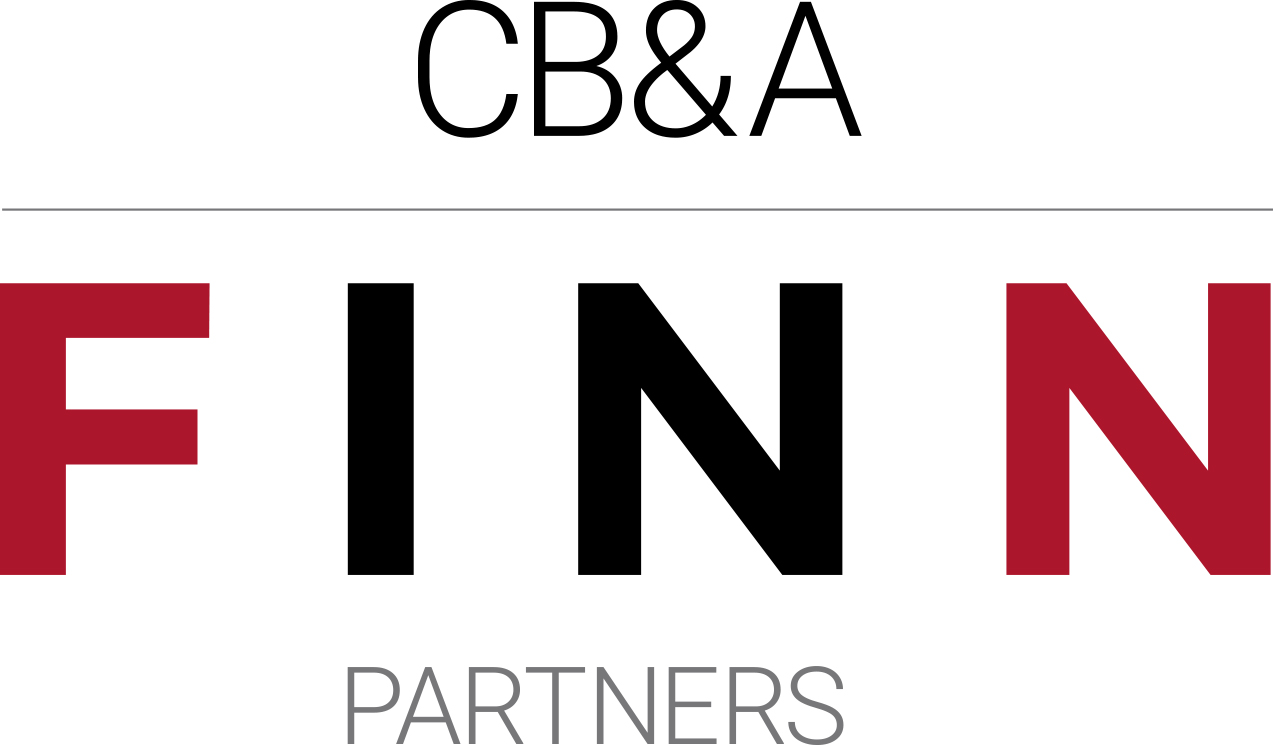

With the recent launch of ChatGPT, generative artificial intelligence entered the chat (pun intended) in a big way, and commentators immediately expressed concern about plagiarism and other forms of cheating in the classroom.
Since those early days, the conversation about how these new generative AI tools will disrupt classroom teaching and learning has broadened. Bigger questions have arisen, like how to ensure equity of access to the best tools, and how we’ll need to adjust our approach to workforce preparedness.
We asked a range of education thought leaders—from academics, to investors, to journalists, to association leaders, to human resource professionals—to share their perspectives on generative AI in the classroom. Their answers should impact how education marketers and vendors are designing, marketing and selling their products.
Preparing Students to Solve Real-World Problems
As educators prepare students for the careers of the future, they’ll need to be flexible, forward-thinking and fearless. Likewise, education products and curriculum will need to incorporate new ways to get the most out of human / bot interaction.
…
Ray Schroeder, Senior Fellow at the University Professional and Continuing Education Association (UPCEA) and Professor Emeritus at the University of Illinois Springfield (UIS):
“It is critically important that we in higher education embrace and fully engage in generative AI. Clearly, our students are entering a workforce in which they will be expected to work alongside these technologies. It is incumbent upon us to prepare those learners for that workforce environment as soon, and as completely, as possible. The careers of our graduates and the successful functioning of enterprises that employ them are at stake.”
David Williamson Shaffer, Sears Bascom Professor of Learning Analytics at the University of Wisconsin in the Department of Educational Psychology and Data Philosopher at the Wisconsin Center for Education Research:
“Rather than keeping the next generation from using AI—and rather than just saying ‘why worry?’ and doing nothing—we need to help students learn to use AI to solve the complex social, economic, scientific, moral, and environmental issues that they will face when they become adults. We need to teach students how to use AI to answer the complex questions that are far beyond what AI can do on its own.
“AI can’t solve the climate crisis, or move us toward social justice, or fix our broken political discourse, or keep social media from invading our privacy and fanning the flames of intolerance. It’s people—people using AI—who can do those things. But only if we help them learn how by looking at what professionals and others in the real world are doing with AI and bringing those practices into the classroom. Building lessons and curricula around real-world problems that AI can help solve can make school more connected to the real world and more meaningful for students.”
Pete Just, CoSN – Consortium for School Networking & Indiana CTO Council, and Keith Krueger, CEO, CoSN:
“Generative AI has taken the spotlight in conversations by teachers and district leaders. This is the start of something big that won’t fade away, so how should K12 administrators and teachers respond? Trying to ignore or eliminate AI like ChatGPT from schools will only increase the digital divide. This is a disruption that’s transforming how we work and play. Our students’ job opportunities will depend on knowing how to use it as a co-creator and assistant.
“Most career paths have been impacted by Generative AI in the past decade or so and what we’re now seeing is an unavoidable impact to all. Those who will thrive in the future are those best equipped to harness the power in generative AI. It offers the exciting opportunity to teach higher level critical thinking and apply amplified learning options for students.”
Should We Be Intrigued…and Worried?
Like any new technology, there’s been a range of utopian and dystopian reactions to these new AI tools. Some of our contributors expressed a mix of intrigue and caution, suggesting that a healthy dose of skepticism and an eye towards avoiding the pitfalls of past technology integration will serve us well.
…
Erik Ofgang, senior staff writer, Tech & Learning:
“As a writer and educator, I’m intrigued and worried about the potential of ChatGPT and similar technology to change the way in which, we as humans, produce writing both inside and outside of class. I’ve had many conversations with educators about this and some see only the upside and potential while others see just the downside. I think the truth is someplace in between.
“There will be ways in which this technology can save time and enhance learning for both educators and students but there will also be ways in which it can be misused and abused in ways I don’t think society fully understands yet. Together with our students, I think we’ll need to figure out what the appropriate role of this technology will be going forward both in the classroom and in society at large.”
Anya Kamenetz, education journalist and author most recently of The Stolen Year: How COVID Changed Children’s Lives, And Where We Go Now:
“I don’t have strongly held beliefs about the transformative potential of AI in education. I’ve seen too many much-hyped technologies come and go without fundamentally transforming the means or the aims of schooling. That said, if I were a teacher today, I would encourage my students to explore the tool and figure out ways to incorporate it creatively into assignments—to use it as a starting point for brainstorming or drafting, just as I’m starting to do in my work.”
Tracy Pizzo Frey, co-founder & managing partner, Uncommon Impact Studio & Ventures:
“When considering the balance of innovation vs. ethics in AI, I don’t see a paradox—especially in the classroom. When you design with inclusion in mind, you create the most effective and best products for everyone, not just for a privileged few.”
Artificial Intelligence + Human Intelligence = ROI
No matter how sophisticated they get, these AI tools will still need guidance and oversight from humans to be productive and increase human flourishing. Curriculum and training that combines technical expertise with human-centered critical thinking and insight will produce the best results.
…
Johnny C. Taylor, Chief Executive Officer of the Society for Human Resource Management:
“My biggest concern with the introduction of generative AI into education is a drop-off in critical thinking skills. One of the main frustrations we hear from employers right now is that college graduates are sometimes lacking critical thinking skills, and these tools could increase that trend.
“To get the best results from human / bot collaboration, we’ll need to prioritize teaching students to apply deep critical thinking. At the Society for Human Resource Management we like to say ‘AI + HI = ROI’, and educators will need to make sure that the human intelligence factor in the equation is exceptional, too.”
Dr. Monica Burns, Class Tech Tips:
“Prompt engineering is an essential skill for anyone interacting with generative AI. Educators, students, and marketers within the education space will need to develop this skill of crafting a prompt, question, or task for chatbots like ChatGPT. Understanding how to write a prompt with the appropriate context, tone, and directions is crucial to making the most of the potential generative AI has to offer. This is a space I’m watching closely as we all continue to interact with this technology and share our findings.”
Meghan Cornwell, Senior Content Marketing Manager, Teachstone:
“As someone who suffers from “blank page paralysis,” ChatGPT has been a lifesaver. I feel like I’m able to outsource the part of my brain that can’t start a draft. Now I have a tool that allows me to spend more time on strategic thinking and less time writing mundane projects.
“If you aren’t using it yet, you’ll be amazed at what it can help you start. But, it has limits. (The last thing I asked it to draft made up who our CEO was!)
“Do expect it to give you a solid draft of lesson plans, emails, and flyers. Don’t expect to have a polished, error-free document.
“Do expect it to spark new ways to think about your work. Don’t expect it to give you solutions.
“It’s important to note that while ChatGPT can be a useful tool for early education teachers, it should not replace traditional teaching methods. Teachers should continue to provide hands-on learning experiences and direct instruction to help students build a strong foundation of knowledge and skills.”
Be Open, Be Mindful
As education marketing and sales professionals, we all have a duty to explore and evaluate emerging technologies through the lens of: “How could this hurt or help students?”
The education professionals who shared their perspectives offer a range of possible outcomes, and we’ll need to keep a close eye on how these predictions play out. It may feel like the wild west right now, but we should strive to integrate these innovations into products and services in thoughtful, equitable and humane ways.
For more on how generative AI is being used in education marketing, download our infographic What Business-to-Education Marketers Think of Generative Artificial Intelligence Right Now.
Contributors
Thank you to all our contributors who shared their insight.
Ray Schroeder is Senior Fellow at the University Professional and Continuing Education Association (UPCEA) and Professor Emeritus at the University of Illinois Springfield (UIS). A frequent speaker and author, Ray writes the bi-weekly “Online: Trending Now” column in Inside Higher Ed and distributes multiple daily curated reading lists for UPCEA. Visit rayschroeder.com to learn more.
David Williamson Shaffer is the Sears Bascom Professor of Learning analytics at the University of Wisconsin in the Department of Educational Psychology and a Data Philosopher at the Wisconsin Center for Education Research. Professor Shaffer studies ways of merging statistical and qualitative methods to construct fair models of complex and collaborative human activity. Visit epistemicanalytics.org to learn more.
Pete Just, Consortium for School Networking (CoSN), CETL, recently retired from the Metropolitan School District of Wayne Township in Indianapolis, IN, where he served as Chief Operating Officer. Pete is founding Chair of the Indiana Chief Technology Officer’s Council (2010-2013). He has been involved in developing standards for classroom technology, blended and virtual learning, K12 CyberSecurity, and committed to developing personal and future leadership including leading Indiana’s CTO2B mentoring program for the next generation of technology leaders.
Keith R. Krueger is CEO of the Consortium for School Networking (CoSN), a nonprofit organization that serves as the voice of K-12 school system technology leaders in North America. CoSN’s mission is empowering educational leaders to leverage technology to realize engaging learning environments.
Erik Ofgang is Tech & Learning’s senior staff writer. A journalist, author and educator, his work has appeared in the Washington Post, The Atlantic, and Associated Press. He currently teaches at Western Connecticut State University’s MFA program. While a staff writer at Connecticut Magazine he won a Society of Professional Journalism Award for his education reporting. He is interested in how humans learn and how technology can make that more effective.
Anya Kamenetz is an education journalist and author most recently of The Stolen Year: How COVID Changed Children’s Lives, And Where We Go Now. Learn more at anyakamenetz.net.
Tracy Pizzo Frey is co-founder & managing partner of Uncommon Impact Studio & Ventures.
Johnny C. Taylor is chief executive officer of the Society for Human Resource Management. As a global leader on the future of employment, culture and leadership, Mr. Taylor is a sought-after voice on all matters affecting work, workers and the workplace. He is frequently asked to testify before Congress on critical workforce issues and authors the weekly USA Today column, “Ask HR”.
Dr. Monica Burns helps educators leverage the power of technology in the classroom strategically through her blog, podcast, books, and membership site Class Tech Tips. Download her 50 ChatGPT Prompts for Teachers.
Meghan Cornwell is Teachstone’s senior content marketing manager. She has worked as a marketer in the early education industry since 2015. She is passionate about improving access to high-quality education.
